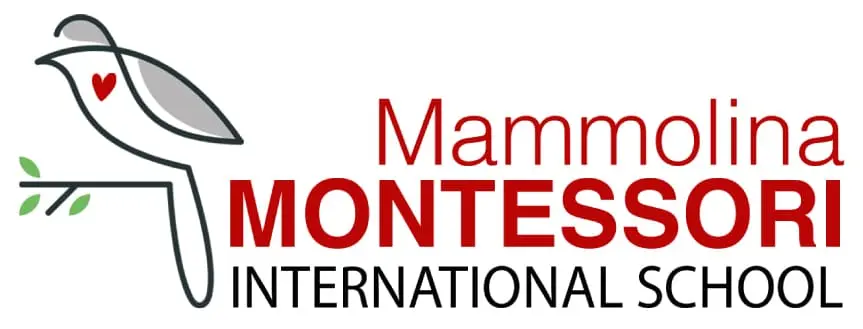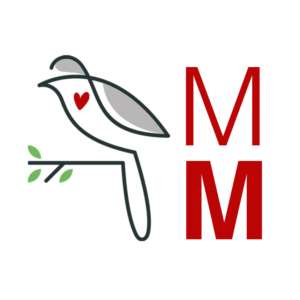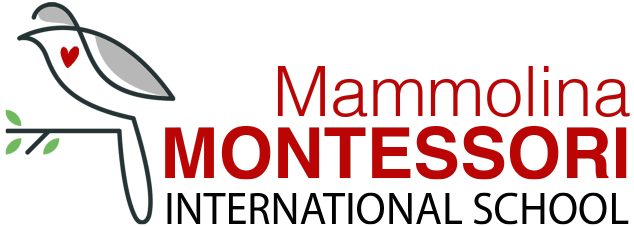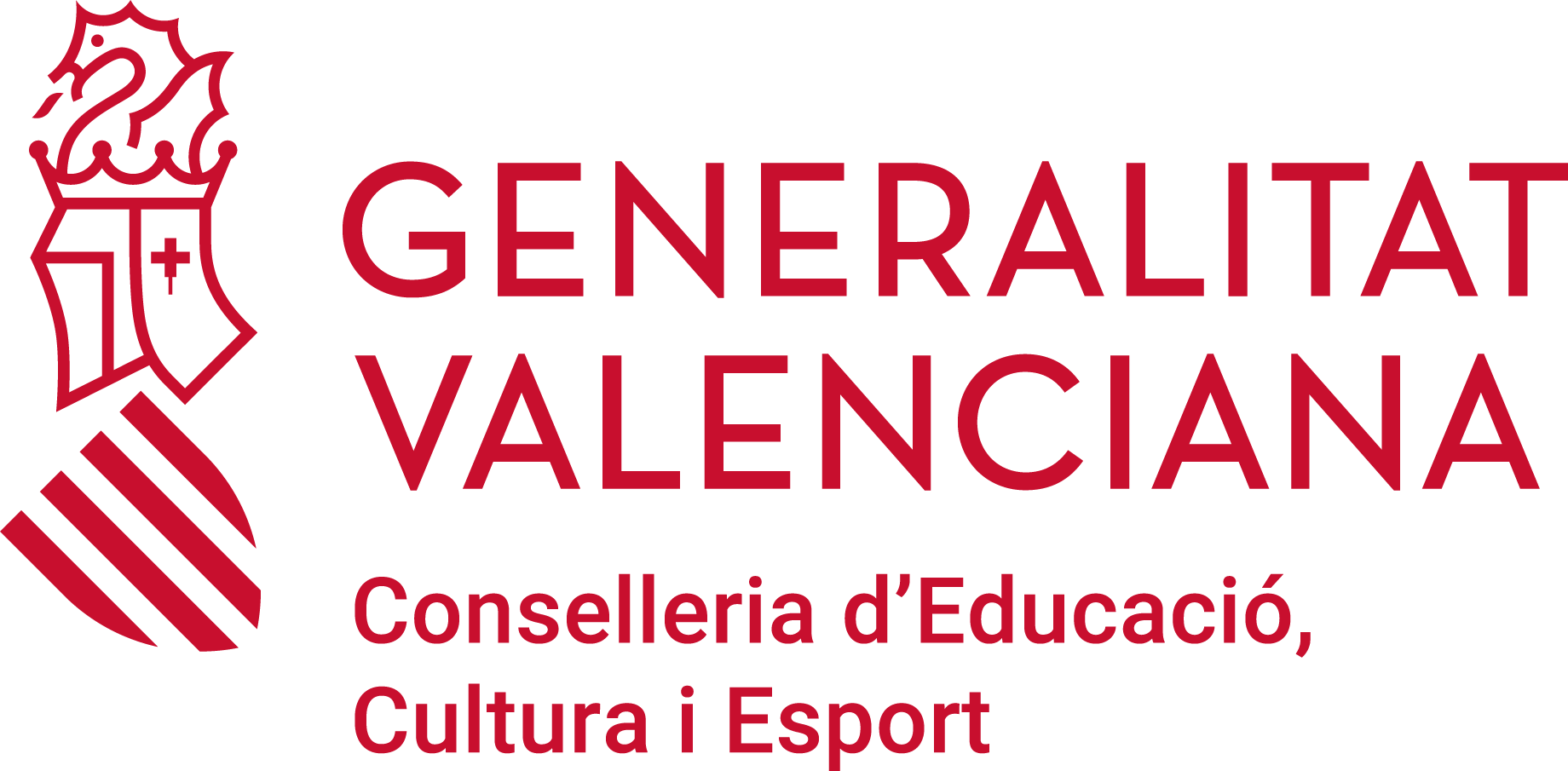Montessori is an approach to education that encourages children to be constructive and take charge of their learning and development. It promotes self-discipline, independence and responsibility through age appropriate academics and practical work.
In the classroom, Montessori materials help guide the children in a self paced learning environment. Mixed age groups enhance positive social interactions, and Montessori trained teachers use learning activities, materials and projects to promote healthy social, emotional and academic development.
School planning
In the morning: The Montessori Uninterrupted Work Cycle
A 3 hour period of uninterrupted work. During this time, children work independently in the prepared learning environment and participate in presentations organized by the guides.
Children choose when to eat their snacks
In the afternoon: Co-curricular activities
Exercise, sports, languages, gardening…
Afterschool: Optional Extracurricular activities
Chess, arts, robotics, tennis…
Our approach
Montessori
In a joyfully prepared learning environment, our educational approach is aimed to meet and adapt to the child’s needs according to their stage of development.
Emotions
Emotional well-being is a key component in Montessori education and is an essential element of the child’s holistic development.
Neuroscience
Understanding while being aware of the various stages of childhood development, we can approach the child in a more conscious way. Please take a moment to read more about the Neuroscience and Psychology of Montessori.
Positive discipline
Children-centered, positive discipline is modeled through kindness and mutual respect. We are a truly international school and we warmly embrace and respect all cultures.
Programs:
Children’s House
3 – 6 years
- During these years, children absorb and construct their sense of self from the world around them.
- English speaking guide and introduction to French.
- A learning environment where children can move freely and choose their materials and work spaces.
- The five key subject areas are Mathematics, Sensorial work, Language, Culture and Practical Life.
Primary
7 – 12 years
- This period of the child’s development is when they develop reasoning, imagination, intellect, understanding of culture and morality.
- English speaking guide, French speaking guide, and the official obligatory Spanish and Valenciano curriculum.
- Experimenting and investigating, children learn abstract concepts through the materials.
- Work is autonomous, interdisciplinary and children learn to take responsibility for their own development.




